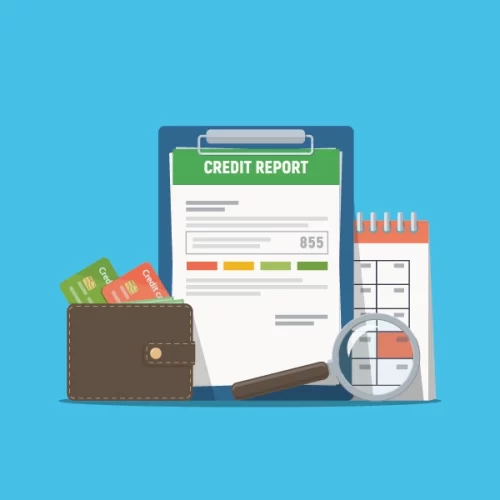When you start debt counselling, the credit bureaus will be informed, and you’ll no longer be able to take on any new credit. This will be for the duration of your debt counselling process and it will prevent you from falling into any further debt.
Once you receive your clearance certificate, you must send it to the credit bureaus and they will indicate on your credit report that you’re no longer under debt counselling. You’ll then be able to apply for new credit.
Remember that going under debt counselling is considered a responsible decision, and credit bureaus will not punish you for taking your personal finances into your own hands and taking effective steps to settle your debt. Your credit score will not be forever tarnished and, just like everyone else, you’ll be able to grow your credit score over time.
However, be careful not to fall back into the same trap. There’s good debt and then there’s bad debt. If you decide to take on new credit, make sure you lean towards taking on good debt. The following is a good way of distinguishing between the two:
Good debt:
In the long run, this will generate you further income. For example, if you decide to take out a loan so that you can do home renovations on the granny flat on your property and then rent it out, creating an additional income each month.
Bad debt:
This is debt that won’t increase your long-term financial position. For example, taking out a payday loan in order to carry yourself through the month, or taking out a personal loan to pay for a holiday or any other luxury purchase.
In order to heal your credit score after debt counselling, you’ll have to take on a small amount of debt and prove that you’re able to meet your payments on time and in full. When you do this, make sure you take on good debt rather than bad debt.




